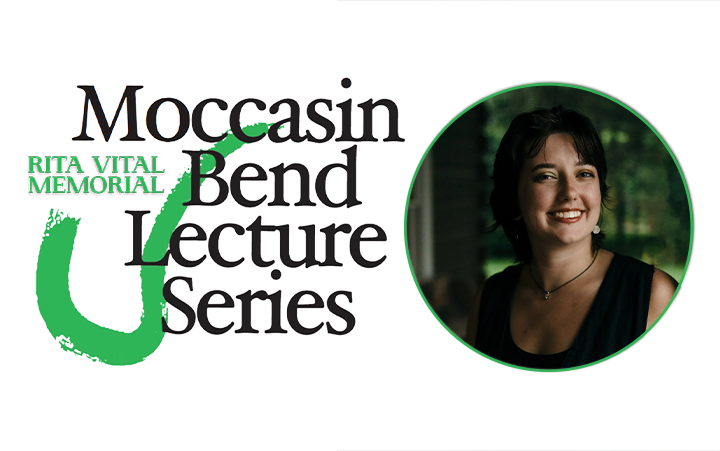Moccasin Bend Lecture Series
National Park Partners presents three unique events each fall with fascinating speakers and topics related to National Parks and conservation; Indigenous culture and history; and Chattanooga’s place in the U.S. Civil War. Founded in 2006, the series is underwritten by Tennessee State Rep. Greg A. Vital and sustained into our 20th year through his generous sponsorship.
Moccasin Bend Lecture Series events take place on Monday evenings at 7:00 pm at the Tennessee Aquarium River Journey Auditorium. Seating is limited and advance registration is required to guarantee a spot.
All lectures are FREE and open to the public.
Recordings of previous lectures are available on-demand on our YouTube Channel.
Upcoming Lecture Series Events
2025
The 2025 season of the Rita Vital Memorial Moccasin Bend Lecture Series has concluded.
Thank you for joining us for this year’s amazing series of lectures! All lectures were recorded, and can be watched on-demand on our YouTube channel.
The Rita Vital Memorial Moccasin Bend Lecture Series will return in the Fall of 2026!
-
Ava Lowery (September) - Conquistadors and Chiefdoms: The Hidden History of 40HA84
M. Ann Belkov (October) - The Relevance of Community Involvement in a National Park City
Scott Martin (November) - Public Lands Partnerships: The Fort Monroe National Monument Model
Past Lecture Series Events

Public Lands Partnerships: The Fort Monroe National Monument Model
-
Prior to becoming the CEO of Fort Monroe Authority last December, Scott Martin served as Administrator of the Department of Parks and Outdoors (DPO) for the City of Chattanooga. He guided the development of the first comprehensive DPO plan in over 25 years, engaging more than 5,000 residents in the process, and helped secure $8.4 million in philanthropic and public funding for parks and recreation. Previously, Martin served as Executive Director of the River Heritage Conservancy in Indiana, where he led efforts to establish a 4,400+ acre urban park system celebrating the historic Falls of the Ohio River. Martin’s experience also includes serving as Parks Director for 21st Century Parks in Louisville, Kentucky, where he helped develop a 4,000-acre nonprofit-run park system. Earlier in his career, Martin was the first Director of Franklin County (VA) Commerce & Leisure Services.
Martin holds a Bachelor of Arts in Political Science and a Master of Public Administration from Boise State University. He is a Fellow of the American Academy for Parks and Recreation Administration, serves as North American Chair for World Urban Parks, and is recognized internationally for his work integrating conservation, recreation, and economic development in urban settings.

The Relevance of Community Involvement in a National Park City
-
M. Ann Belkov, retired, National Park Service
Former Superintendent of Chickamauga and Chattanooga National Military Park
With special guest, Chattanooga Mayor Tim Kelly
During her tenure as CCNMP Superintendent, Ann Belkov accomplished three major feats that distinguish her among past superintendents and remain highly relevant today. She organized the Friends of CCNMP, which began fundraising in 1986 for the expansion of the Visitor Center at Chickamauga Battlefield. Following that success, she rallied support for the restoration and installation of the James Walker mural in the new Visitor Center at Lookout Mountain Battlefield (the painting had been in a storage shed for more than 35 years). Finally, almost alone, she prevented a four-lane divided highway from being constructed through the middle of Chickamauga Battlefield.
Retired Superintendent Belkov will discuss how engagement between the National Park Service and the community was instrumental to the success of these achievements and how essential community engagement to current and future successes given current staffing and budget challenges. She and Mayor Kelly will describe the potential for linking Chattanooga's National Park City designation with the tremendous resources of Chickamauga and Chattanooga National Military Park, including Moccasin Bend National Archeological District.
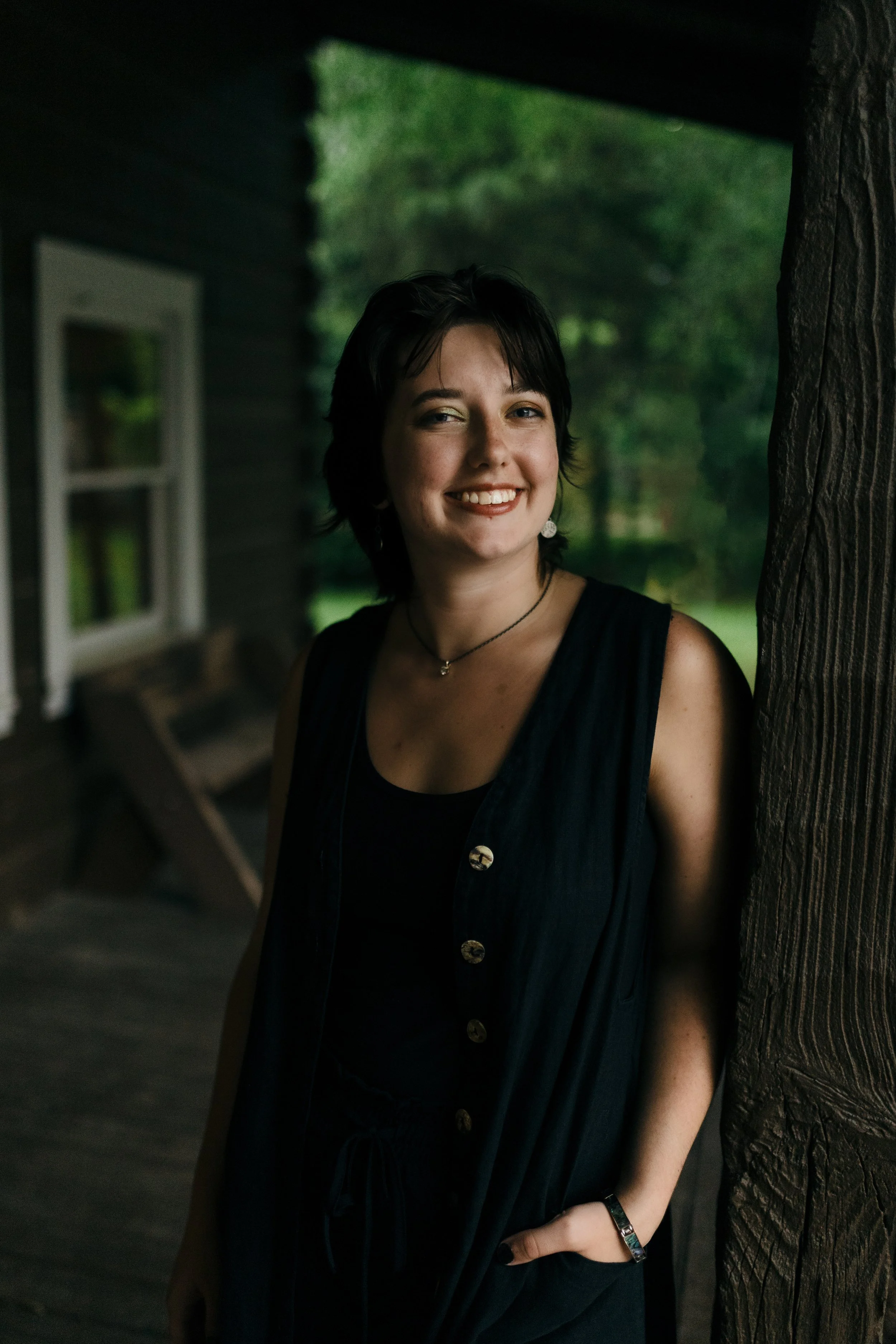
Conquistadors and Chiefdoms: The Hidden History of 40HA84
-
The 20th Annual Rita Vital Memorial Moccasin Bend Fall Lecture Series begins on Monday, September 22 at 7:00 pm in the Tennessee Aquarium River Journey Auditorium.
Ava Lowery will utilize historical accounts and archaeological evidence to illustrate the complex social and military relationships between and within the Coosa chiefdom along with Spanish conquistador Tristán de Luna’s 1560 expedition into the interior Southeast. With Little Owl Village at Audubon Acres and other local archaeological sites as the setting, there is a significant framework for a discussion of the sociopolitical environment of the Mississippian period in the Chattanooga area during early European contact, colonial power dynamics, struggles for sovereignty within the Native population, and narratives of power in the context of practicing cultural preservation today.
Lowery earned her BS in Anthropology from the University of Tennessee at Chattanooga. Beginning in the summer of 2023, she interned under two dedicated professors for UTC’s NAGPRA (Native American Graves Protection and Repatriation Act) compliance efforts until graduation and received a Jeffrey L. Brown Memorial Scholarship Award for her participation. Later in January 2024, she used and expanded the same skills in a voluntary repatriation project for Chattanooga Audubon Society’s donated archaeological collection. From the latter collection, items of cultural significance were successfully repatriated to the Eastern Band of Cherokee Indians in May of 2025. Lowery is a museum and outdoor educator at the Chattanooga Audubon Society’s main property, Audubon Acres, where she produces educational programs based around nature, history, and archaeology.

Victorian Christmas Tradition
-
The 2024 Moccasin Bend Fall Lecture Series wraps up at 7 p.m. on Monday, November 4th in the Tennessee Aquarium River Journey Auditorium with Kelly Hancock, Director of Programs at the American Civil War Museum in Richmond, VA. Christmas today is far removed from what it was in the mid-19th century, yet it was during that period that many of our current-day traditions developed. Discover the origin of some of the most beloved elements of Christmas and hear accounts of Civil War Christmases.

National Trail of Tears Association Conference Keynote Address
-
The 2024 Moccasin Bend Fall Lecture Series continues on Monday, October 14th at 7 p.m. as we welcome Principal Chief Chuck Hoskin Jr., delivering the keynote address for the annual Trail of Tears Association Conference and Symposium being held in Chattanooga. Chuck Hoskin Jr. serves as the Principal Chief of the Cherokee Nation, the largest tribe in the United States with more than 450,000 citizens. Prior to being elected in 2019, and re-elected in 2023, he was Cherokee Nation’s Secretary of State and also served as a member and Deputy Speaker of the Council of the Cherokee Nation. As Principal Chief, he increased minimum wage at Cherokee Nation and Cherokee Nation Businesses and secured the largest language investment in the tribe's history to expand Cherokee cultural preservation. He appointed the tribe's first delegate to the U.S. Congress. He prioritized health and wellness initiatives, including record investments in behavioral health and addiction treatment. Chief Hoskin has also expanded tribal workforce training programs, sustainable housing, protections for natural resources, and educational opportunities for Cherokees of all ages. He, along with First Lady January Hoskin, has elevated the voices of women and children, and their safety, within the Cherokee Nation Reservation.

From Shiloh to Fort Pillow: Preserving Tennessee's Civil War History
-
The 2024 Moccasin Bend Fall Lecture Series begins on Monday, September 16th at 7: 00 pm in the Tennessee Aquarium River Journey Auditorium with a focus on the preserving Tennessee's Civil War stories and battlefields with Dr. Timothy Smith. Dr. Smith earned his Ph.D. from Mississippi State University in 2001 and currently teaches history at the University of Tennessee at Martin. He is a veteran of the National Park Service and, in addition to numerous articles and essays, he is the author, editor, or co-editor of more than twenty books with several university and commercial presses. His books have won numerous book awards, his trilogy on the American Civil War’s Tennessee River campaign (Forts Henry and Donelson, Shiloh, and Corinth) winning a total of nine book awards. Dr. Smith recently finished a five-volume study of the Vicksburg Campaign for the University Press of Kansas and a new study of Albert Sidney Johnston for LSU Press. He resides with his wife Kelly and daughters Mary Kate and Leah Grace in Adamsville, Tennessee.
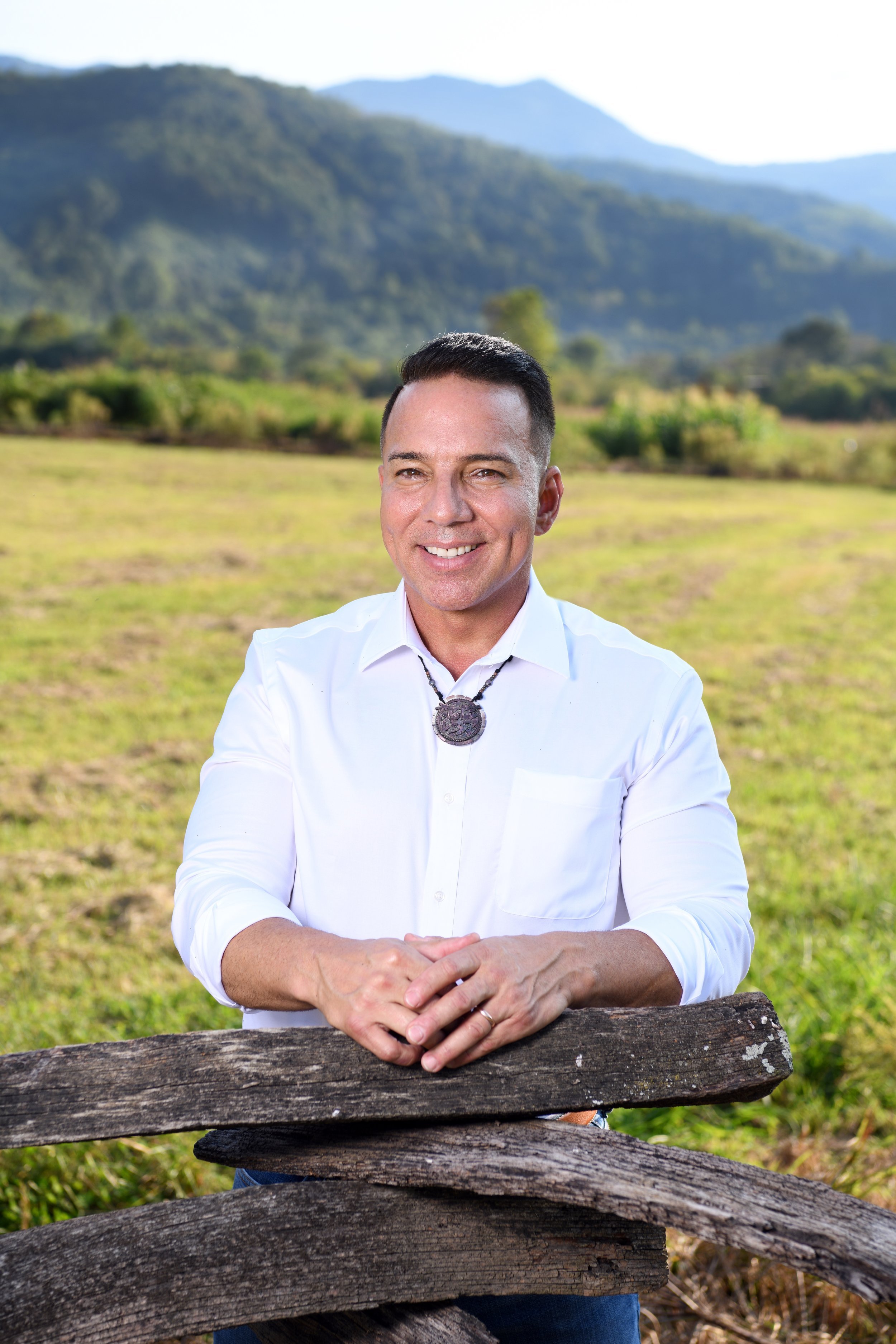
Culturally Deliberate in the 21st Century
-
The 2023 Moccasin Bend Fall Lecture Series wraps up on Monday, November 13th at 7 p.m. featuring the 28th Principal Chief Richard G. Sneed. For millennia, cultures across humanity were diverse and unique. From language, dress, religion, and social constructs, people groups were as diverse as the lands they inhabited. This held especially true for the indigenous peoples of North America. As Europeans settled the “New World,” the unique cultures of Tribal Nations were both revered and reviled by those who sought to possess the land and its resources. In the late 1800’s the federal government of the United States implemented policies to systematically destroy the culture of tribal nations. Our discussion will review the history of systematic cultural destruction, and how the implementation of those policies still impacts tribal cultures today. Finally, as technology, communication, and media become globally ubiquitous, there is a risk of the homogenization of culture. We will discuss the need to be deliberate in our embrace, practice and celebration of the uniqueness of all cultures.
-
Richard G. Sneed life’s work has been one of public service advocating for youth, community building, and cultural preservation. After graduating from Cherokee High School in 1986, he served in the United States Marine Corp for four years. His beloved wife Colene is a citizen of the United Keetowah Band of Cherokee Indians. He is the father of five children, Breanna, Richie, Mattilynn, Katrina and Samuel. Sneed earned his degree from Universal Technical College in Phoenix, AZ, and holds a North Carolina Teaching License in Industrial Arts.
While pastoring the Christ Fellowship Church of Cherokee for fourteen years, Sneed also taught vocational education at Cherokee Central Schools for twelve of those years. His excellence in the classroom earned him recognition as the National Classroom Teacher of the Year by the National Indian Education Association in 2013. In 2015, Sneed was elected Vice Chief of the Eastern Band of Cherokee Indians (EBCI). On May 25, 2017, he was officially sworn in as Principal Chief of the Eastern Band and subsequently re-elected as Principal Chief on September 5th, 2019.
Since taking office, Chief Sneed’s administration has been dedicated to exercising the EBCI’s sovereignty, including growing relationships and partnerships, in part, through his service to the WCU Cherokee Center Advisory Board, United South and Eastern Tribes (USET), and the Cherokee Preservation Foundation Board of Directors. Chief Sneed has also recently been elected as the Vice-Chairman of the Center for Disease Control’s Tribal Advisory Committee.
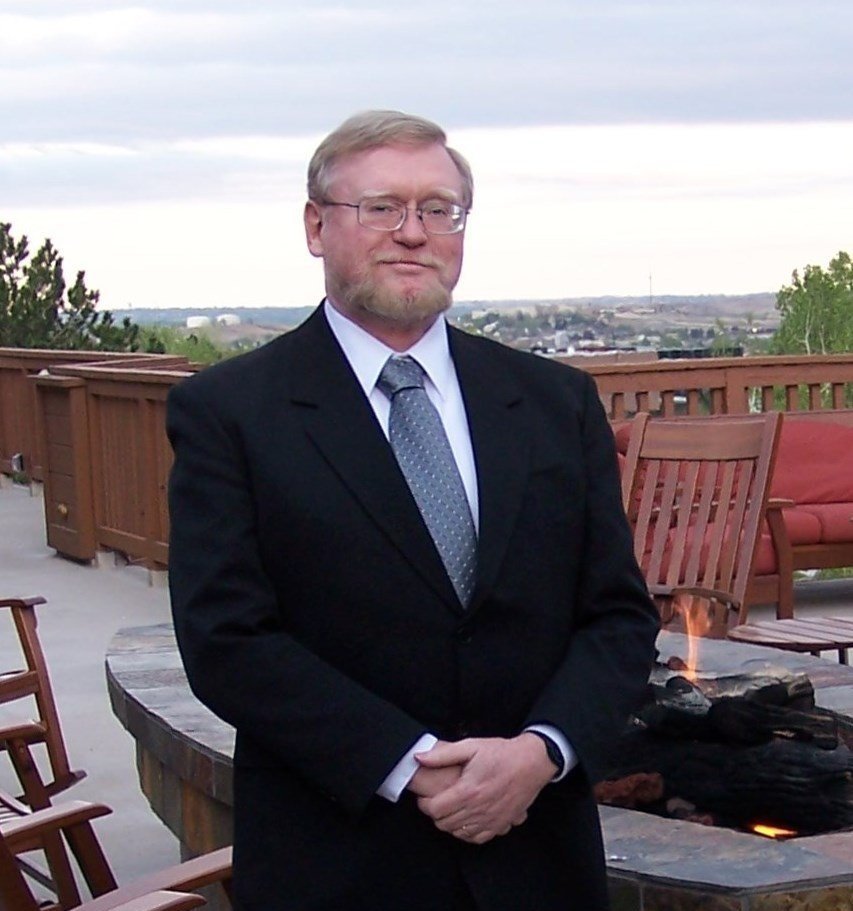
General Ulysses S. Grant and the Civil War Campaign for Chattanooga
-
The 2023 Moccasin Bend Fall Lecture Series continues on Monday, October 2nd at 7 p.m. featuring Dr. Frank Varney. Chattanooga might rightly be described as the Gateway to the Confederacy. It was a vital point, the springboard for the campaigns which led to the capture of Atlanta and Savannah, and so helped to break Southern resistance and end the Civil War. It is ironic, then, that so much of the commonly-accepted history of the struggle for this city is laden with misinformation. And the source of much of that misinformation is Ulysses S. Grant. He was an effective general, and in some ways a good man; yet he has contributed greatly to our misunderstanding of the pivotal events which took place here. From his role in the Chattanooga Campaign to his relief of the general who took and held the city, to his exaggeration of the part he played in opening the “Cracker Line,” to his attempt to take unwarranted credit for the battle which ended the siege, to his minimizing the contributions of other officers, Grant has left us a legacy of untruth and exaggeration. It is time to look beyond his version of the story, and to see what other sources can tell us about what really happened here, in the Gateway to the South.
-
Dr. Frank Varney earned his undergraduate degree at William Paterson University, and his MA and Ph. D. at Cornell University. He retired as a Distinguished Professor of US and Classical History, and recently began teaching at St. Michael’s College in Vermont. He frequently speaks to Civil War roundtables, history societies, and other interested groups, often takes student groups to visit historical sites, especially Civil War battlefields, and makes frequent guest appearances on television and radio.
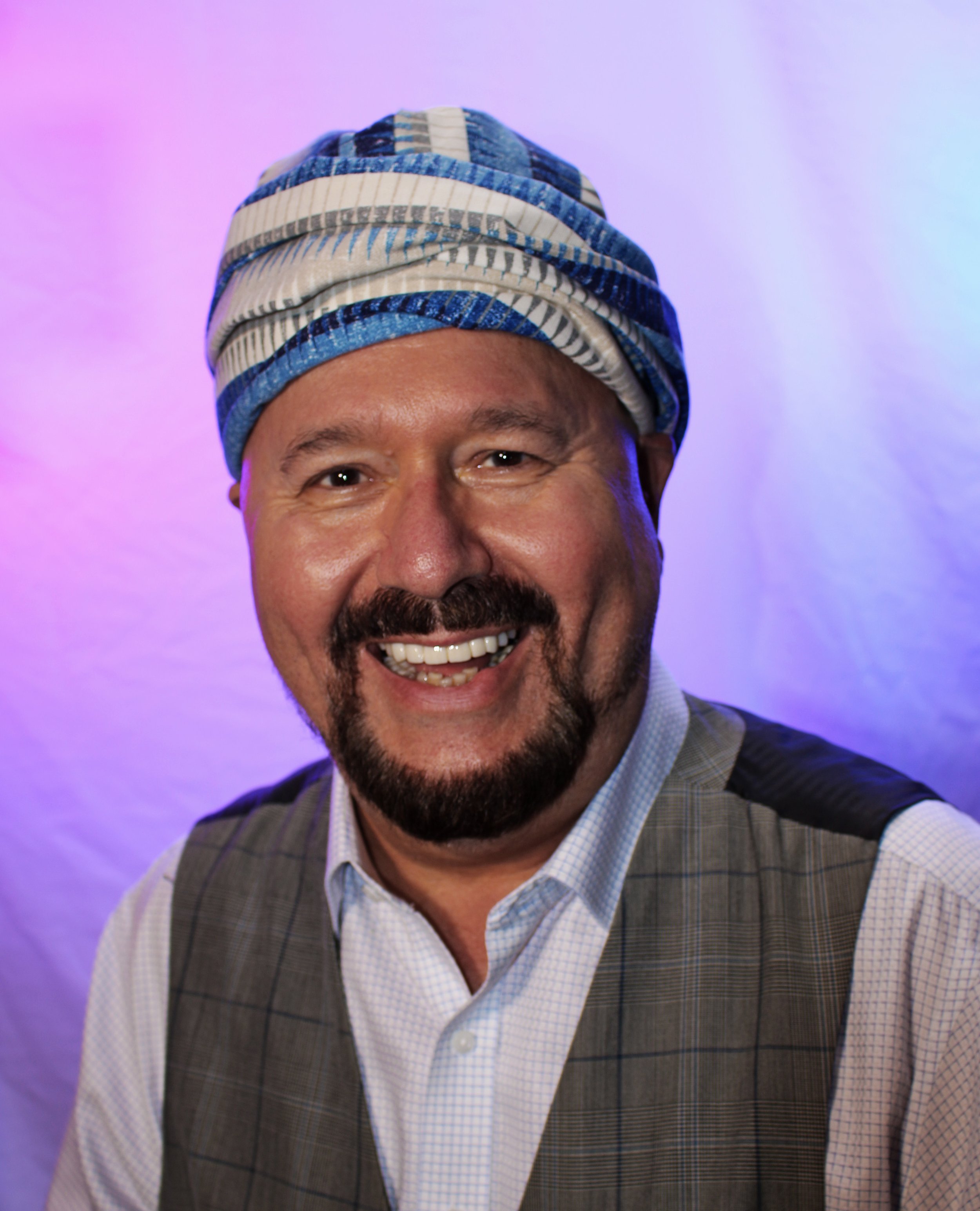
Cherokee Resilience: Triumph Over Tragedy
-
The 2023 Moccasin Bend Fall Lecture Series begins on Monday, September 18th at 7 p.m. featuring Troy Wayne Poteete. Poteete's presentation will illuminate major upheavals that have threatened survival of the Cherokee Nation from the forced removal in 1838-39, through Oklahoma Statehood in 1907. Drawing inspiration from the resilience of the Trail of Tears generation, the Cherokees have confronted each crisis to preserve their government, history, culture, and language. He'll discuss the modern day Cherokee Nation, a distinct cultural and political entity, once again thriving in northeastern OK. Activities in support of the National Park Service marking and interpretation of the Trail of Tears removal routes provide opportunity for Cherokees to share with people in their original homelands, and along the routes their ancestors trod, this larger story of repeatedly triumphing over tragedy.
-
Troy Wayne Poteete was a founding member of the Trail of Tears Association and served continually on its Board of Directors for over twenty years before assuming his current post as Executive Director for the organization in 2014. He served as a Justice of the Cherokee Nation Supreme Court 2007-2017, and as tribal legislator, representing the Three Rivers District in the Cherokee Nation Tribal Council 1991-1999. A seasoned storyteller and lecturer on Cherokee history, Poteete’s presentations draw on a rich family history in the South of the Cherokee Nation, and a lifetime of service in the Cherokee Nation government.
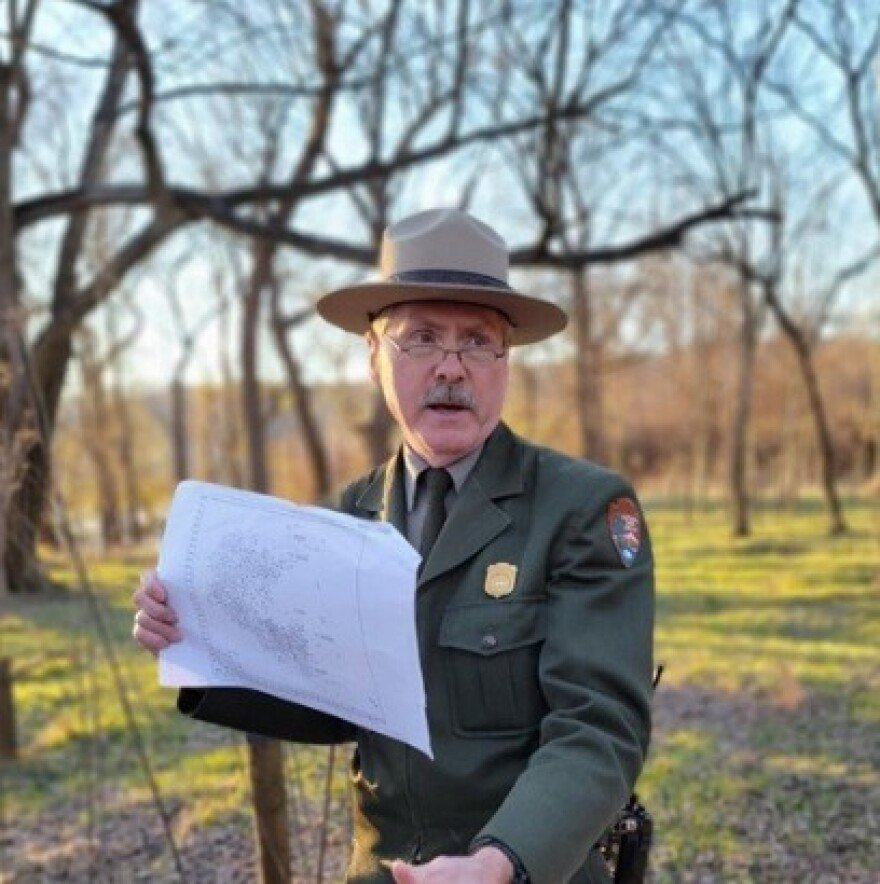
A Salient Point: Moccasin Bend and the Civil War Struggle for Chattanooga
-
Park Historian, Jim Ogden, will discuss the pivotal events and activities that took place on and around Moccasin Bend during the Campaign for Chattanooga. From the US Army supply line (the famous “Cracker Line”) across Moccasin Bend at Brown’s Ferry to the well-preserved earthworks at the southern end of Stringer’s Ridge, this peninsula along the Tennessee River became a focal point between the Battle of Chickamauga in September 1863 and the Battles for Chattanooga later that fall in November.
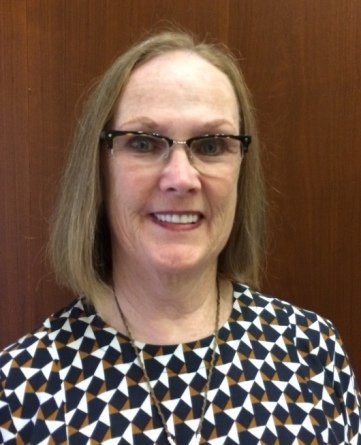
Ethnogenesis of the Eastern Band of Cherokee Indians
-
The 2022 Moccasin Bend Lecture Series continues with Anita Finger-Smith. Anita, President and CEO of the Cherokee Genealogical Services, presents on the five circumstances during the early 19th Century that contributed to the nucleus of Cherokee Indians who remained in the Southeast after the forced removal of most Cherokee to Indian Territory. These remaining Cherokee later formed the Eastern Band of Cherokee Indians. Many people still believe the only reason the Cherokee are in the East today is because they “hid out in the mountains.” Although this was true for some, the majority are there for other reasons.
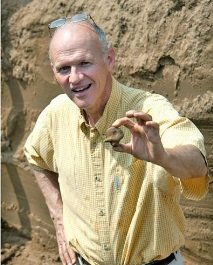
16th Century Spanish Explorations in the Southeastern United States
-
The first event of National Park Partners' 17th annual Moccasin Bend Lecture Series features James Langford, President of Etowah Museum, Inc. Mr. Langford’s presentation describes his personal research journey that began in 1969 when as a high school student, he found and recorded 16th Century villages along the Coosawattee River in his home county in Northwest Georgia. Over many years, his work evolved to collaborations with several universities and to published research that provides key evidence confirming the location of the capitol core villages of Coosa – the largest and most powerful province north of Mexico encountered by Spanish expeditions of the 16th Century. Mr. Langford details how pieces of the cultural puzzle and information about these expeditions continue to unfold as archaeological investigations and archival research yield new details and clues.
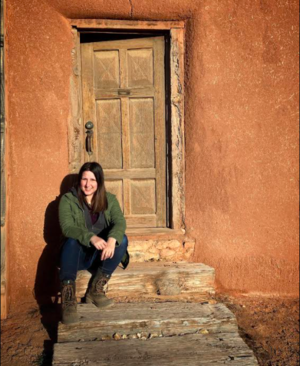
Rivers, Rails & Roads: Transportation During the Cherokee Removal
-
The 2021 Moccasin Bend Lecture Series wrapped up with Amy Kostine, National Trails Coordinator for the Office of Historic Preservation at Middle Tennessee State University. Kostine presented her research on the various modes of transportation used to remove the Cherokee and other Indigenous peoples from their ancestral homelands in the eastern United States to Oklahoma. This video was filmed on November 15, 2021 at the Tennessee Aquarium IMAX Theater in Chattanooga, TN.
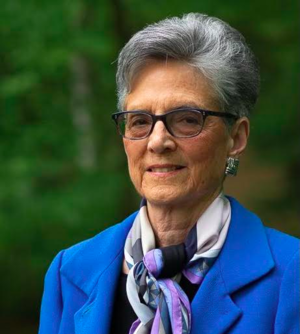
The Legacy of Julius Rosenwald & Rosenwald Schools National Historical Park Campaign
-
The 2021 Moccasin Bend Lecture Series continues with a fascinating look at the legacy of Julius Rosenwald and his friendship and partnership with Booker T. Washington. Their deep connection led to the creation of over 5,000 Rosenwald Schools, mostly in the rural Southern US, that provided educational opportunities for over 600,000 African-American youth during segregation. Dr. Dorothy Canter leads the campaign to create a new National Historical Park based on the Rosenwald Schools model of public-private partnership that transformed philanthropy, civil rights, and education.
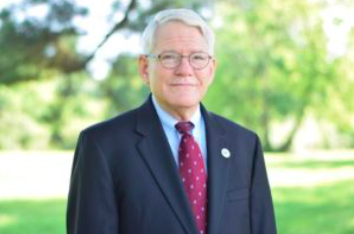
Character-Driven History: Chattanooga and the National Medal of Honor Heritage Center
-
The 2021 Moccasin Bend Lecture Series kicks off with Keith A. Hardison, executive director of the Charles H. Coolidge National Medal of Honor Heritage Center in Chattanooga, TN. Mr. Hardison describes the characteristics common to all Medal of Honor recipients, followed by a focus on those from Chattanooga and Tennessee throughout history.



